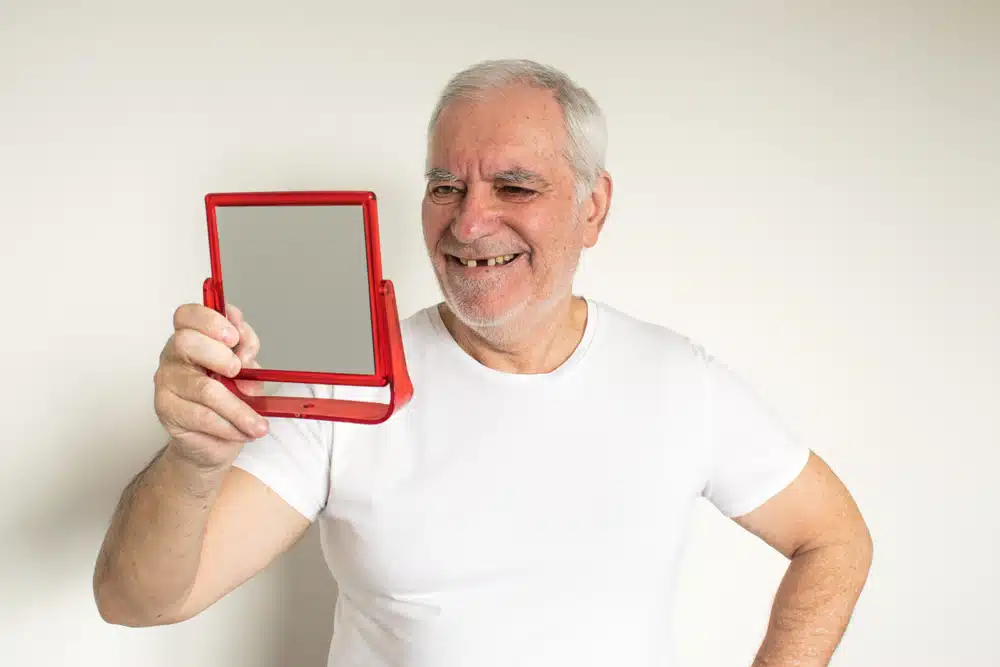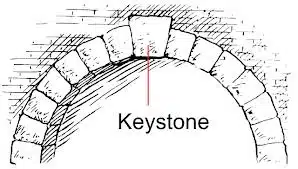
Tooth Loss and Replacement
When we are born we come into the world without teeth. Some of us leave the same way, but that really isn’t what nature intended.
When you are on a liquid diet having teeth doesn’t appear to be vital, since there is obviously nothing to chew. Nature pretty much handles a baby’s nutritional needs with mother’s milk. As we grow and begin to eat solid food, however, having and maintaining healthy teeth becomes an entirely different matter.

Mechanical digestion is the grinding and tearing of food, as in chewing, in order to increase its surface area. Creating a greater surface area means that there is a better chance that chemical digestion can do its job. In chemical digestion, enzymes react with the food to help break it down into simpler substances which can either be absorbed in the bloodstream as nutrients or passed out of the body as waste. This process of breakdown and assimilation occurs within the digestive tract – but it starts in the mouth with your teeth, tongue, and saliva.
Because a full set of adult teeth numbers thirty-two, it seems many people feel the occasional loss of a tooth is a relatively insignificant event. And while it is true that a person can still function with thirty-one, the long-term consequence of losing just one tooth can be more significant than most people realize.
While all of our teeth are important, structurally, the loss of certain teeth will bring about more change than the loss of others. Think of this in terms of the walls of your house. If you take down a non-supporting wall, the house will still stand. Take out a supporting wall, however, and you have a much bigger problem. Teeth are constructed much like an arch, though. If you have ever seen a stone arch, you know it has a keystone at the top that keeps the arch together. Remove that one stone, and the whole thing collapses. In your dental arch, you can think of your canines as a keystone. Lose them, and the ensuing change can be rapid. You can lose several teeth – even all – over time. But it’s not just the loss of canines that creates a problem.
Losing a first molar, for example, can create a domino effect of changes in your mouth that can affect your ability to chew easily. It can cause shifting of the teeth in a manner that even affects the appearance of your front teeth. Or, it can lead to periodontal problems and the formation of cavities on portions of the teeth that might not have been otherwise affected before the loss.
The point is that if you lose a tooth, you should consult your dentist about what tooth replacement options are right for you. Today, we have many ways of providing functional replacements that can improve your ability to chew your food, maintain your good appearance, and keep you from losing still more teeth. Depending upon your circumstances and financial considerations, these replacements may include removable dentures, bridges (which are non-removable, cemented tooth replacements), or dental implants (think of them as artificial tooth-roots that have crowns, bridges, or dentures attached to them).
If you are missing a tooth, speak with your dentist about what tooth replacement options are right for your situation. Replacing a lost tooth early is often much less involved (and costly) than when you begin to experience the problems resulting from long-term neglect.




